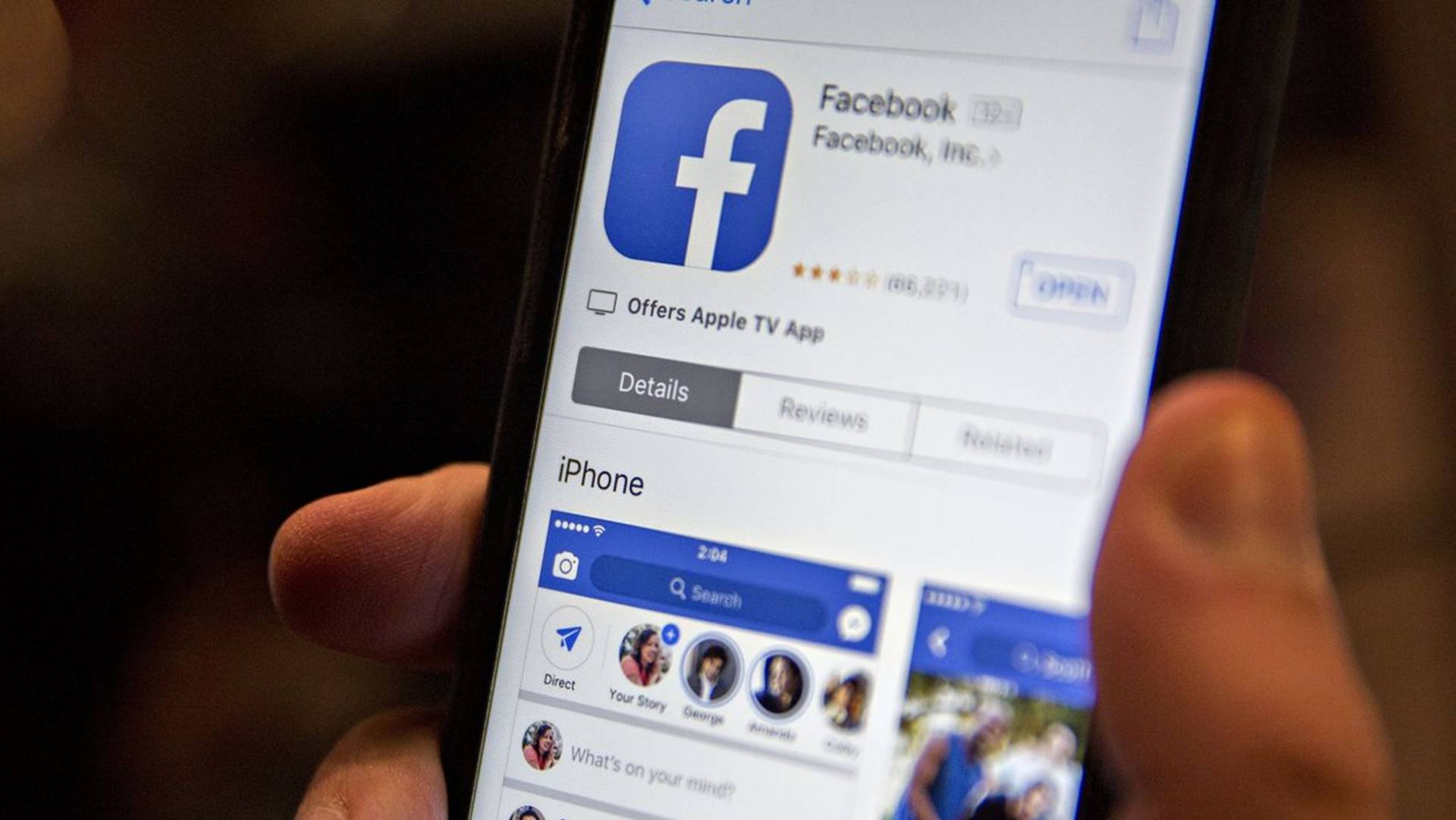The social-media company says Apple’s privacy changes will affect its Audience Network business, which connects users’ Facebook identities with their off-platform activities
Facebook Inc. FB 8.22% says privacy changes that Apple Inc. AAPL 1.36% has made to its newest operating system will cripple the social-media giant’s ability to serve targeted ads to iPhone users while they use outside apps.
The announcement sharpens the clash between the two tech giants, with Apple standing for user privacy while Facebook defends the free flow of data that has long underpinned digital marketing.
It’s Official: Apple Is Turning Into IBM
Facebook on Wednesday released a note to app developers, saying Apple’s changes will affect its Audience Network business. That business connects users’ Facebook identities with their off-platform activities, enabling the company to serve ads on outside apps—and to enrich its own data set with information collected elsewhere, allowing Facebook to refine its behavioral targeting.
The changes go into effect with Apple’s new operating system for iPhone, called iOS14, which was released in beta form to developers in June. Under Apple’s new rule, Facebook and other firms that facilitate online advertising will no longer be allowed to gather Apple’s identifier for advertisers, or IDFA, without user permission. This 32-character string of letters and numbers is the user’s principal pseudonym in the ‘anonymized’ files kept by the digital-ad and data-broker industries. Companies large and small use it to match up data sets about where users go, what they have bought, and what apps they use.
Apple didn’t immediately respond to a request for comment.
Apple surpasses Saudi Aramco to become world’s most valuable company
Facebook doesn’t disclose the size of the Audience Network business, though it is believed to represent a slice of Facebook’s nearly $70 billion digital-ad empires. Before the Covid-19 pandemic struck, ad-tech consulting firm Jounce Media predicted Facebook Audience Network would bring in $3.4 billion in 2020. Yet the company expects the impact from Apple’s new consent requirements will be significant enough that the company acknowledged the IDFA changes on its July 30 earnings call.
Companies that use Facebook’s ad technology to sell ads in their apps, from game makers to news publishers, could be impacted by Apple’s change.
Facebook said in preliminary testing it has seen a 50% drop in publisher revenue when personalization was removed from advertising.
Apple offers modified phones to security researchers looking for iOS weaknesses
Apple, which produces devices sold worldwide, has criticized the data collection operation that underlies Facebook’s massive advertising business. Facebook, meanwhile, has faulted Apple for the exclusionary nature of its platform and for operating data centers in countries without robust protections for users.
Apple Chief Executive Tim Cook has made privacy one of the company’s priorities in recent years, running advertisements based on its intent to protect user data and refusing to comply with some law-enforcement requests to unlock iPhones for high-profile investigations.
Mr. Cook has even sought to turn a principle advocated by his predecessor, Steve Jobs—that “our customers are not our product”—into a business strategy. The company has gradually aimed to increase customer awareness of the value of privacy with features such as a sign-in option on apps that conceals personal information and a browser update that reveals how sites track users.
Apple says its supply chain and products will be 100% carbon neutral by 2030
“Our view of privacy started from our values, then we crafted a business plan from that,” Mr. Cook said during a Fortune conference in 2018.
Apple critics have argued the company is restricting access to its platform to restrict competition on its platform in self-serving fashions, however. Facebook earlier this month joined those protesting Apple’s 30% cut from transactions within apps, saying in a product release that it asked for an exemption but was refused. Facebook at the time presented the issue as a benefit for small businesses struggling during the pandemic.
In preparation for the new iPhone operating system, the digital-ad industry is bracing for many users to select the option “Ask App Not to Track.” That will remove a key linkage that Facebook and Alphabet Inc. -owned Google use to support their massive digital advertising businesses—not to mention the host of small companies that are even more reliant on it. In a survey by Tap Research Inc., 85% of respondents said that if they saw this message in their favorite app, they’d select “Ask App Not to Track.”
Despite its efforts to adapt to the coming changes, Facebook said Wednesday, they “may render Audience Network so ineffective on iOS14 that it may not make sense to offer it on iOS14 in the future.”
Facebook said the changes would likely result in reduced earnings for developers “at an already difficult time for businesses,” adding that it considers the situation to still be murky because of an absence of guidance from Apple.
“If Facebook loses the ability to gather user-level data from iOS apps, that delivers a serious blow to its user-profile enrichment process,” said digital-ad consultant Ratko Vidakovic. “If advertising effectiveness suffers, it will limit the scale of ad spend on Facebook in the future, consequently limiting Facebook’s growth.”
Facebook Accounts Will Be Required to Login to Oculus VR Devices
Facebook said Audience Network will continue to operate on Apple devices using previous operating systems and those made by other manufacturers.
WSJ / Balkantimes.press
Napomena o autorskim pravima: Dozvoljeno preuzimanje sadržaja isključivo uz navođenje linka prema stranici našeg portala sa koje je sadržaj preuzet. Stavovi izraženi u ovom tekstu autorovi su i ne odražavaju nužno uredničku politiku The Balkantimes Press.
Copyright Notice: It is allowed to download the content only by providing a link to the page of our portal from which the content was downloaded. The views expressed in this text are those of the authors and do not necessarily reflect the editorial policies of The Balkantimes Press.

